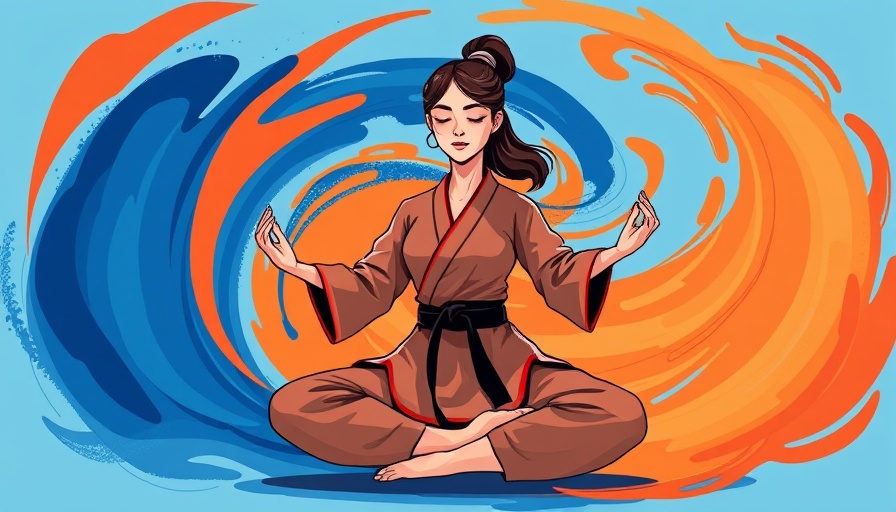
Discovering Inner Strength Through Brazilian Jiu-Jitsu
“You may encounter many defeats, but you must not be defeated.” This powerful quote by Maya Angelou resonates in many of our lives, particularly when we face moments of doubt and struggle. For some, finding a way back to oneself can come from unexpected places—like stepping onto the mat for Brazilian Jiu-Jitsu (BJJ).
The Surprising Therapy of Grappling
Initially, the thought of joining a BJJ class can be intimidating. The environment, filled with people grappling fiercely, can seem overwhelming. But for many, including myself, it represents an escape—a structured challenge that pulls us from the depths of our minds into the present moment. The lessons learned on the mat extend far beyond physical techniques. In grappling with opponents, practitioners often find themselves grappling with their own inner battles.
Finding Calm Amidst Chaos
BJJ teaches a critical life lesson: the importance of breathing and staying calm under pressure. As I navigated lessons filled with competitive tension and the sheer physicality of the practice, my instructors encouraged me to breathe through the moments of uncertainty. “Slow down,” they would say. This simple advice transformed my practice and life beyond the mat, helping me respond to stress with a newfound sense of calm.
The Journey of Resilience
Healing is rarely a straightforward path. I learned this firsthand after dealing with injuries that pulled me away from training. Each setback was a reminder of how much I valued the practice—not just for the physical activity, but for the mental clarity it brought. These moments of darkness taught me that resilience isn’t about perfection; it’s about showing up for yourself, even when the mat feels far away.
Broader Implications for Mental Health
The impact of BJJ on my mental health pushed me to reflect on broader lifestyle choices that can bring others back to their authentic selves. Whether you’re drawn to running, painting, or yoga, it’s essential to find your own outlet. Like BJJ, these activities can serve as a form of therapy, a way to reconnect with who you are when life feels heavy.
Encouraging Others to Find Their Mat
If you’re struggling today, know that you’re not alone. The journey back to yourself may not always be easy, but it’s crucial to keep exploring until you find what resonates with you. It could be trying a new fitness routine, digging into creative arts, or even seeking professional help. Whatever it is, don’t give up on finding your own mat. Rediscovering your strength can lead to profound healing.
In these moments of seeking connections through hobbies, remember: you are neither weak nor broken. You are on a beautiful path of self-discovery. Keep showing up for yourself, and embrace the process.
 Add Row
Add Row  Add
Add 




Write A Comment